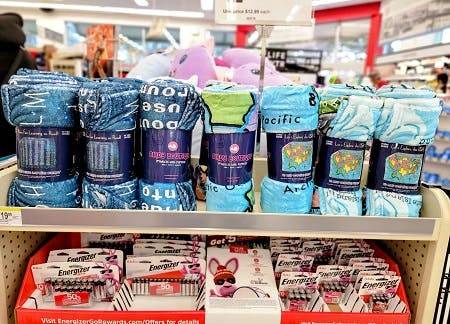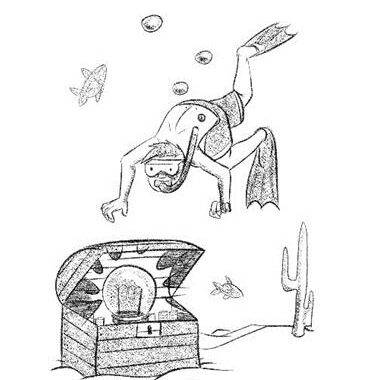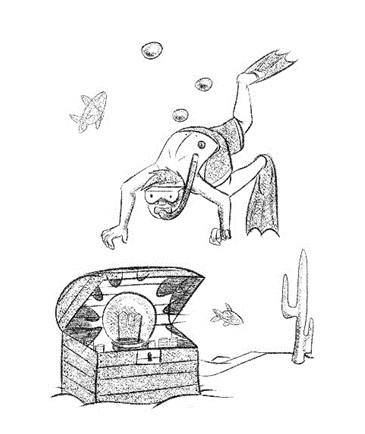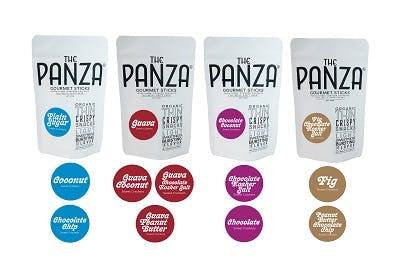Behind the Scenes of a Professional Product Photo Shoot
In today’s digital world, having great product shots are essential to a brand’s success. Whether they are for grabbing the attention of buyers on your RangeMe profile, or driving D2C sales on your website and social media, how you visually showcase your products to the world should be a key component of every brand’s marketing strategy.
But what exactly is it that goes into capturing these images, whether they are pure product shots in front of a white background, or lifestyle shots in a variety of settings? To answer this question, I spoke with my friend Larry Shore of The Shore Shot to get a behind-the-scenes view of what went into the photos he recently shot for Daisy Betance, Founder of RangeMe subscriber Little Buddha. Below, he’ll walk us through his vision and setup for some of the product photos from the shoot for Little Buddha’s various digital platforms, with some guidance for brands that might look to shoot their own product photos. But first, a little about the brand…
A holistic approach to skincare
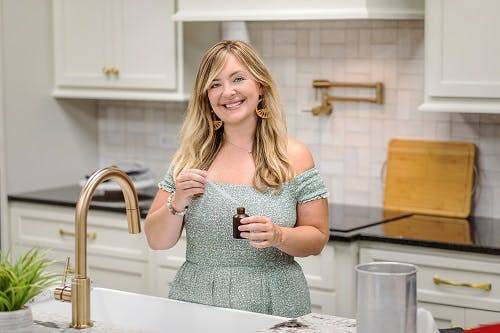
Little Buddha is committed to promoting a holistic approach to skincare that encompasses both the well-being of our planet and the well-being of our minds, …

